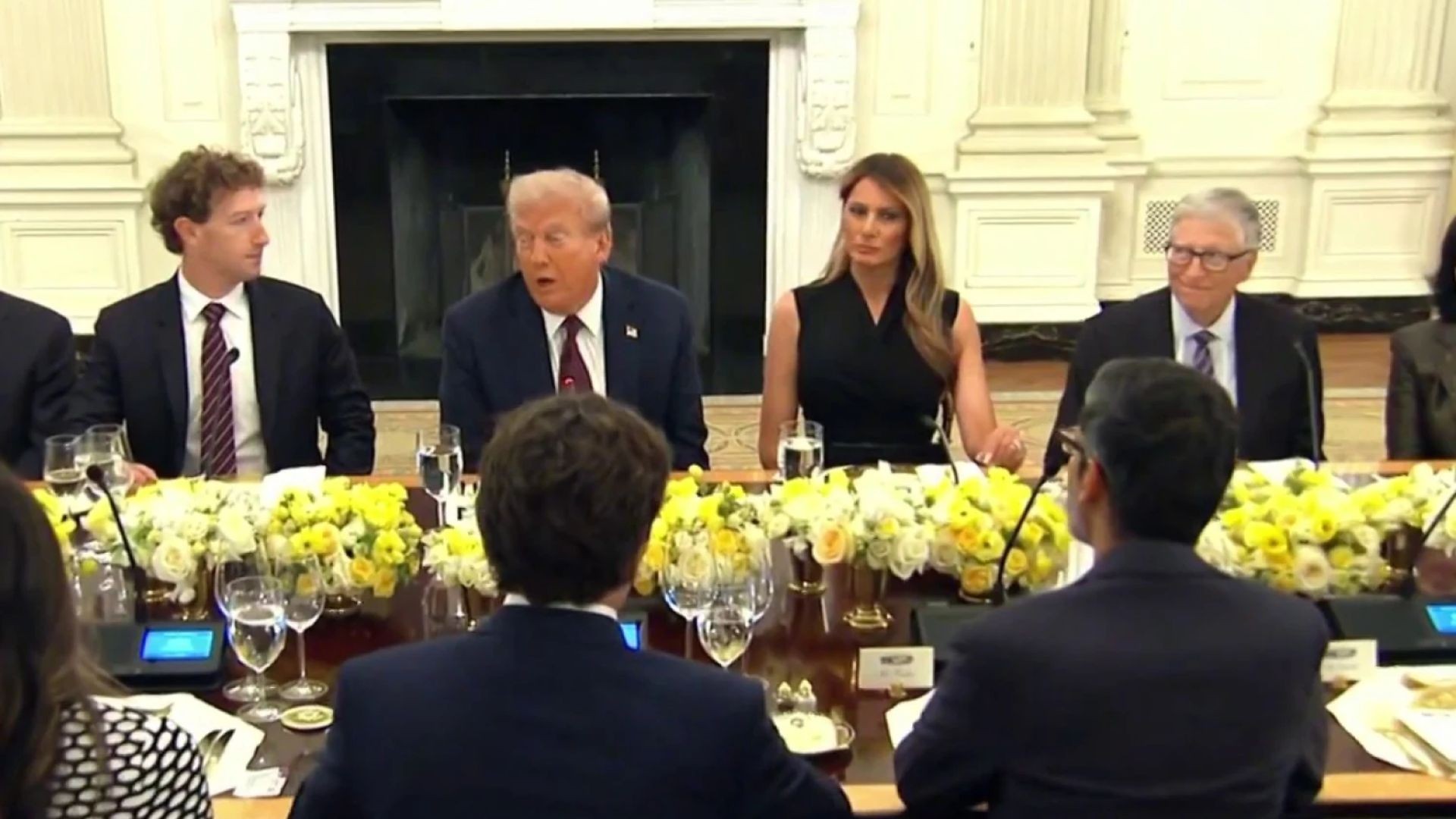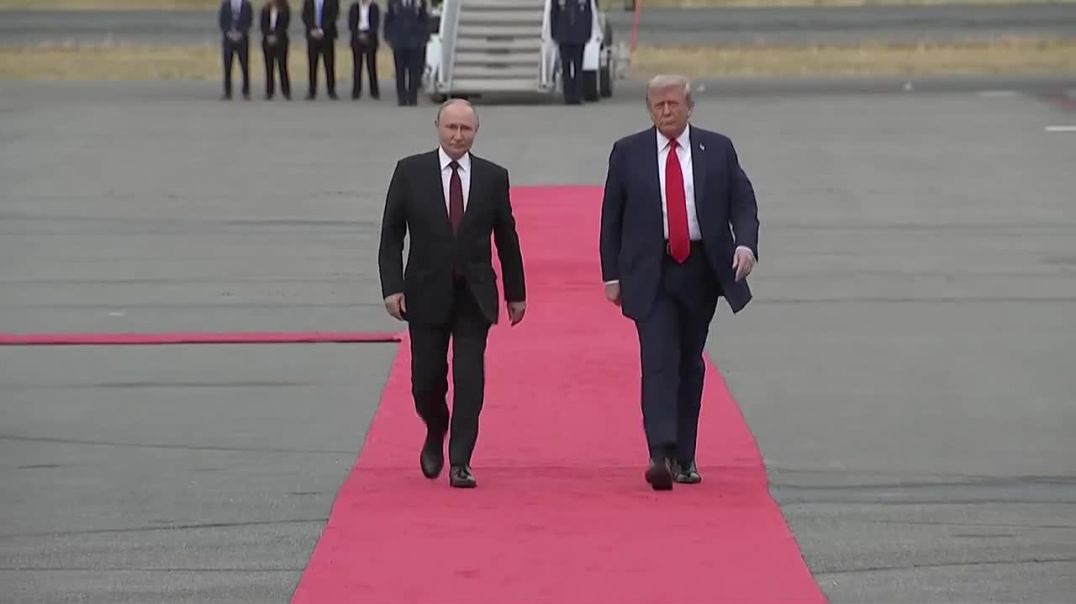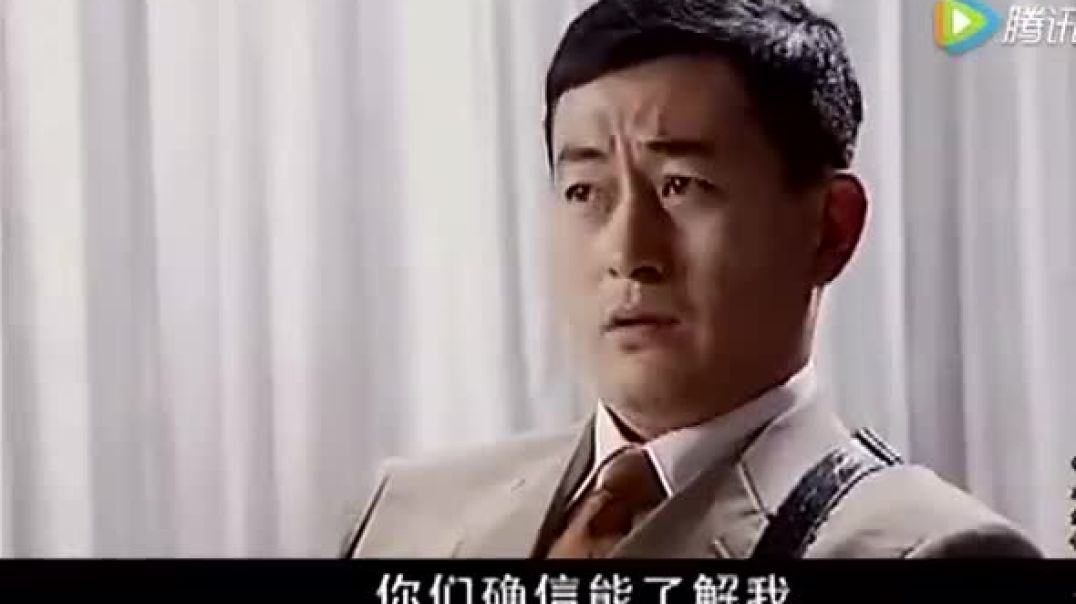42.9K Views· 10 April 2025
A Catastrophic Misstep’: Ex-Treasury Secretary Slams Trump’s Trade War as Economic Self-Sabotage
The Worst Self-Inflicted Wound’: Former Treasury Secretary Blasts Trump’s Trade War
In a scathing critique, a former U.S. Treasury Secretary has labeled Donald Trump's trade war as “the worst self-inflicted wound in recent economic history,” warning that the aggressive tariff strategy backfired and cost American consumers, workers, and global credibility.
Speaking on the broader implications of the policy, the former official criticized the administration’s blanket tariffs on Chinese goods, which ignited retaliatory measures and disrupted international supply chains. Instead of strengthening American manufacturing as promised, the tariffs resulted in higher consumer prices, volatile markets, and strained relations with global allies.
“This wasn’t a strategy—it was a sledgehammer,” he said. “We isolated ourselves economically at a time when unity was needed more than ever.”
Economic Fallout
Data from nonpartisan economic institutes showed that the tariffs cost American businesses tens of billions of dollars, with job losses in agriculture and manufacturing, particularly in states that were politically supportive of the administration.
According to the former treasury secretary, the tariffs may have also accelerated China’s economic self-sufficiency, prompting them to deepen trade ties with other global powers—potentially weakening America’s long-term influence in Asia-Pacific markets.
Political vs. Practical Policy
While Trump’s trade war was popular among certain voter blocs who viewed it as “tough on China,” critics say the lack of a coherent long-term plan made it more about headlines than outcomes.
“Good trade policy is strategic, nuanced, and collaborative. What we got was chaos, confusion, and counter-punches,” the former secretary added.
What’s Next?
As the 2024 election cycle heats up and trade tensions re-emerge as a key topic, economic leaders and analysts are urging policymakers to rethink how the U.S. engages with major global economies like China. There’s a growing call for coordinated multilateral efforts, modernized trade agreements, and innovation-driven incentives instead of punitive tariffs.
Tags: #tradewar #trumptariffs #uschinarelations #economy #globaltrade #policyanalysis #economicstrategy #treasurycommentary



























78 Comments
SGAHouston
23 days agoAnhBdd8006
25 days agochic time
26 days agoJessZepeda
27 days agobluefoxto
28 days ago